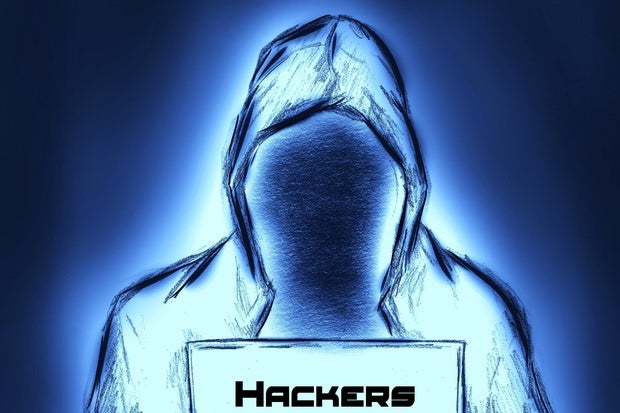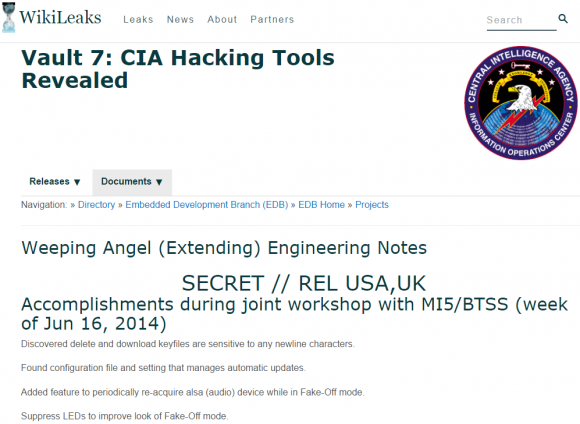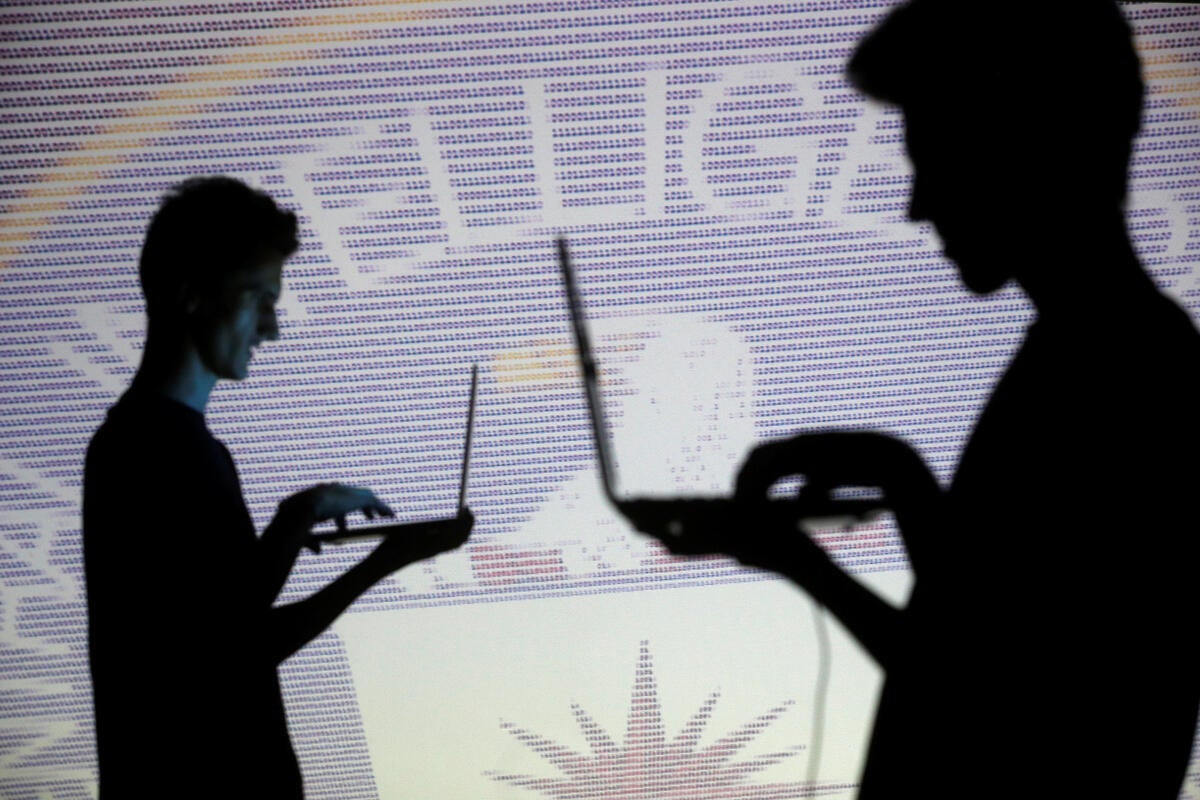Microsoft Excel Files Increasingly Used To Spread Malware

Credit to Author: Xiaopeng Zhang| Date: Wed, 08 Mar 2017 15:27:03 -0800
Over the last few years we have received a number of emails with attached Word files that spread malware. Now it seems that it is becoming more and more popular to spread malware using malicious Excel files. Lately, Fortinet has collected a number of email samples with Excel files attached (.xls, .xlsm) that spread malware by executing malicious VBA (Visual Basic for Applications) code. VBA is a programming language used by Microsoft Office suite. Normally, VBA is used to develop programs for Excel to perform some tasks. I’ll use…
Read More




